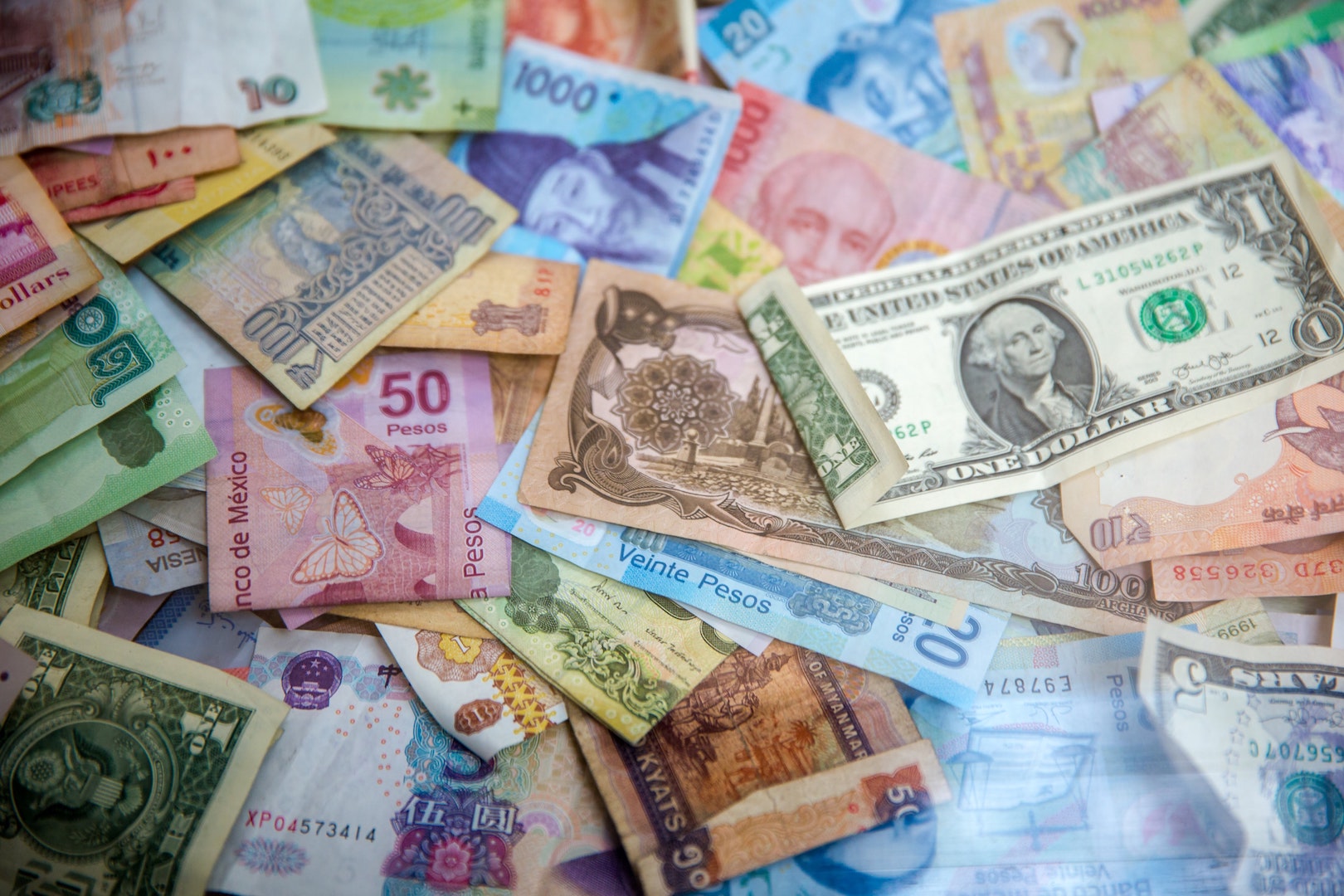When clicking on this link, you probably wanted to find out how your favorite blogger makes money or how you can make your own travel blog generate you some cash. So, how do travel bloggers make money? Let’s dive in!
There are many ways to get some money from your blog. For many, like me, it’s enough to cover the costs of maintaining the website. But a full-time job (like a photographer) is needed.
For a happy few it’s possible to live full-time of writing and publishing on their blog.
The best strategy is to make a combination that fits you, your lifestyle, and your skills.
Ads
This one is fairly easy to do. With programs like Adsense (by Google), it’s possible to add ad spaces to your website. You can finetune the size and position, but the ads’ content is out of your control.
It’s nice to add ads, as it does not require too much work and maintenance. The only catch is that they might be a bit ugly sometimes. They also only generate a sustainable income if you have plenty of engaged traffic coming to your travel blog.
An example of an ad ⬇️
Affiliate links
Affiliate links are links you place on your website to a product, destination, or service by another provider. If someone clicks on that link and actually buys a product or service, you get a commission. Usually, it’s a small percentage going from 1 to 5%.
Just like ads, it requires a certain amount of traffic for this to become interesting. But more important than traffic is the engagement of your readers. So it’s better to have engaged readers than a lot of readers that don’t click.
Sponsored content
Travel bloggers make money by selling pages on their blogs. For example, a destination can ask a blogger to write something about their museums or activities. In return for the article, they pay a certain amount. That amount is usually, you guessed it, linked to the size of your audience.
You might have already gotten emails to write articles like this. My advice is only to accept those relevant to who you are and what you write about. It’s also worth being honest with your audience and saying that the content is sponsored somewhere in the article.
A good example is my article about the Cambrian way.
Licensing content
If your content is excellent, you can license it to others. People and companies that want to use the photos and text you have written and created. As they ‘borrow’ it and not own it, it can be done for a reasonable price. It could also be that they want you to remove the original article so they have unique content. This, of course, comes to a higher price.
Photo sales
As you travel, you will definitely take some awesome photos. Why not make those photos available for use by other people… for a price, of course. Travel bloggers make money by uploading those photos to stock photo websites. I have a lazy stock photography workflow that I use to make it even easier to get money from my travel photos.
Freelance writing
If you are good with a pen… or keyboard, it might be interesting to provide copywriting to others. You can use your travel blog as a portfolio website. And if you get clients in the travel industry, of course, this also helps your blog. Which in return helps your portfolio and sales. An endless cornucopia.
Ambassadorships
Some companies prefer to have a longtime relationship with their influencers. That’s called an ambassadorship. Often for several months to a year, you work together to highlight a product or service. This has my preference over one-off influencer gigs, as you can deep dive into the product and really show why it’s beneficial for people.
Selling their own products and services
Some travel bloggers make money by selling their own products. You can sell checklists, itineraries; Lightroom presets, practical items like packing cubes, … The list is endless with what you can sell.
What income streams are you using?
